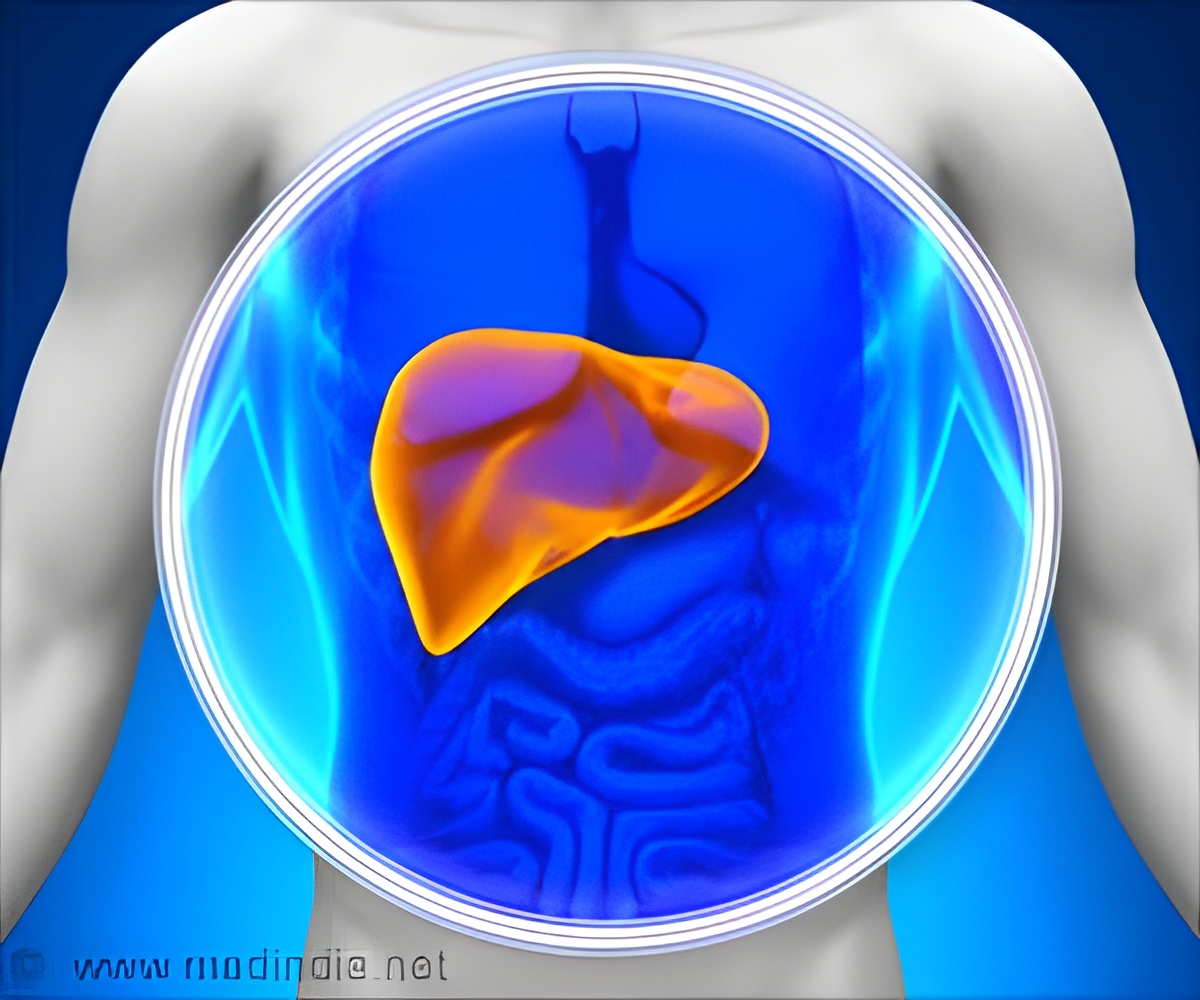
‘New functional model of a human liver developed in the lab, could help scientists improve treatment for liver diseases.
’
Tweet it Now
"We expect these organoids to advance our understanding of how liver diseases -- especially congenital diseases -- start and progress so improved treatments can be developed," Soker added. To make the organoids, scientists allowed foetal liver progenitor cells, an immature cell that is destined to become a specialised liver cell, to self-assemble on a small disc.
The discs are made of ferret liver that has been processed to remove all of the animal's cells. The resulting organoids, which assemble within two to three weeks, are the first to model actual human liver development.
In the research, reported in the journal Hepatology, the scientists showed that these organoids generated hepatocytes -- the main functional cells of the liver.
Moreover, the study also shows the stepwise maturation of bile ducts exactly as can be observed in the human foetal liver.
Advertisement
This model of bile ductal development can potentially be used to study the hereditary disease biliary atresia that occurs in infants.
Advertisement
Source-IANS















